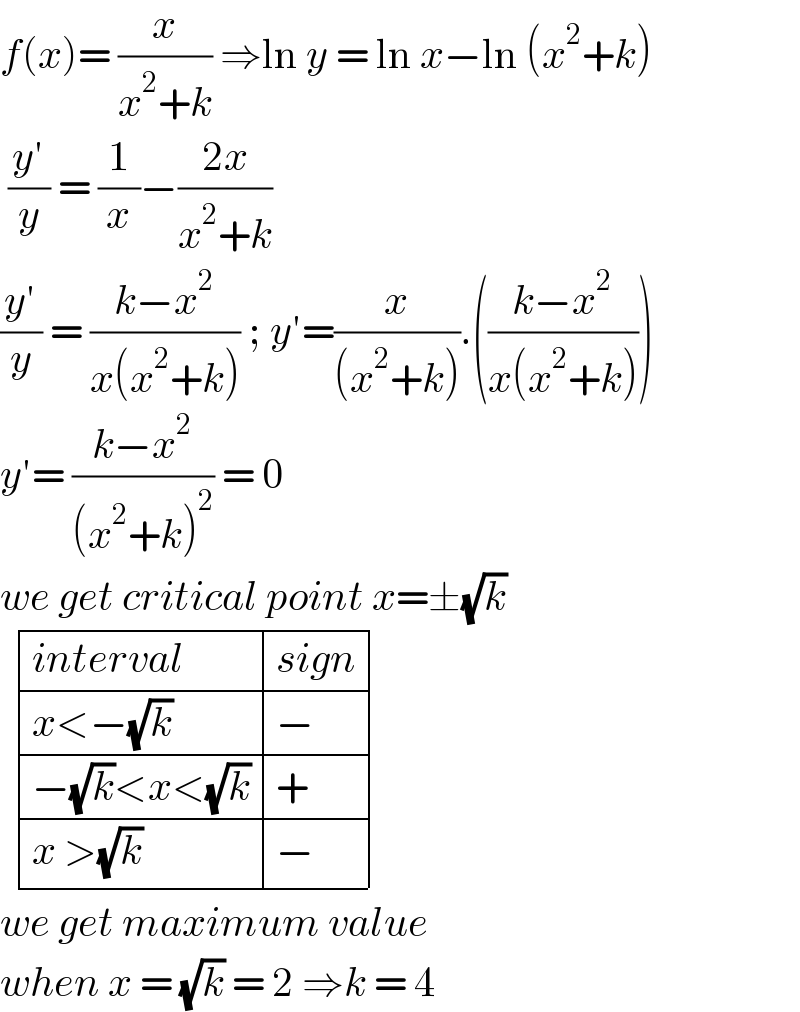
Question and Answers Forum
Question Number 135838 by abdurehime last updated on 16/Mar/21

Answered by liberty last updated on 16/Mar/21

| ||
Question and Answers Forum | ||
Question Number 135838 by abdurehime last updated on 16/Mar/21 | ||
 | ||
Answered by liberty last updated on 16/Mar/21 | ||
 | ||
| ||